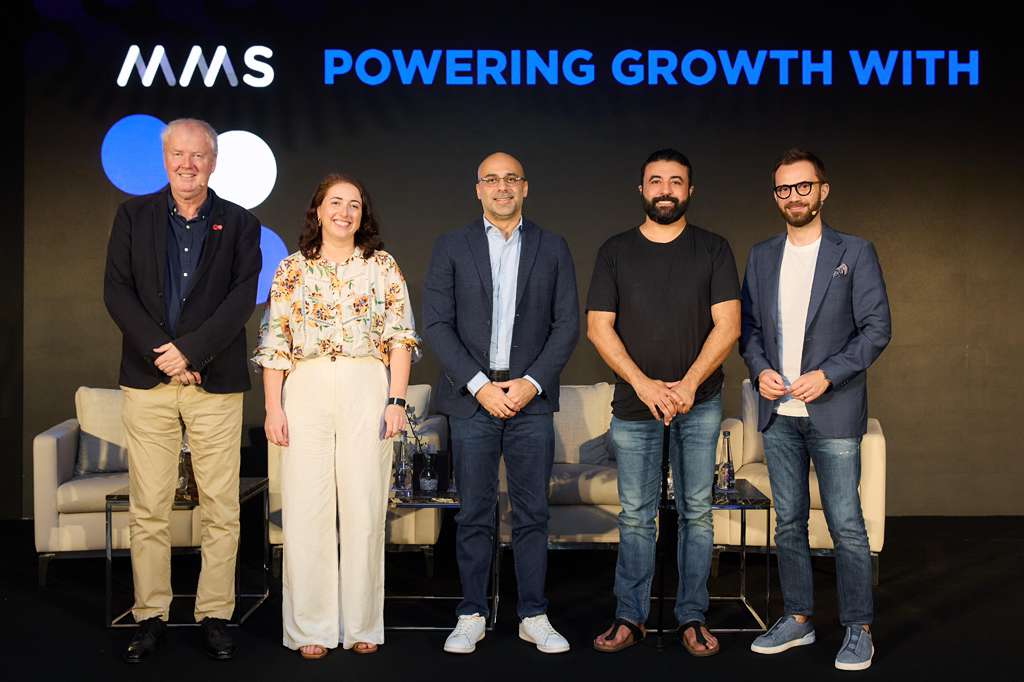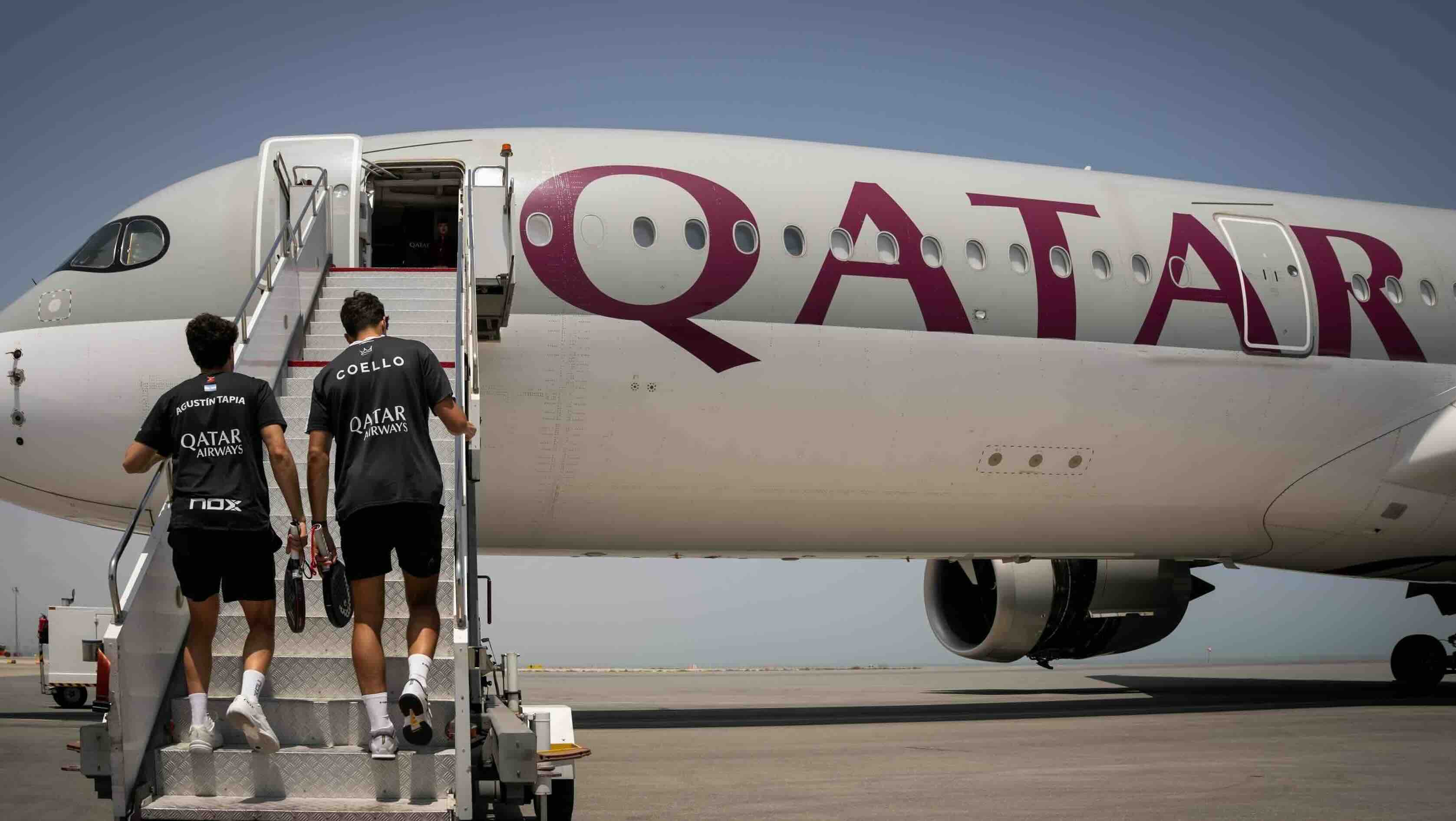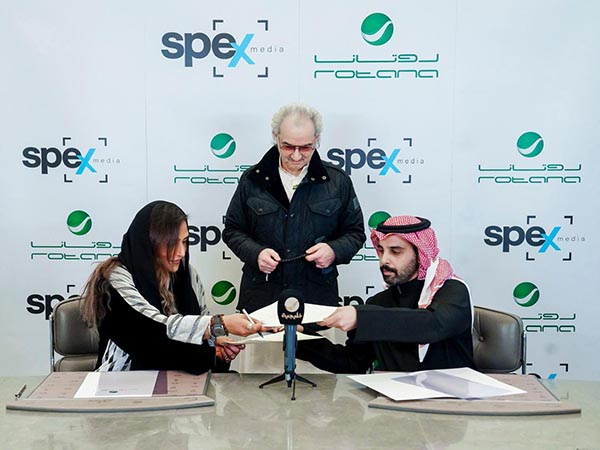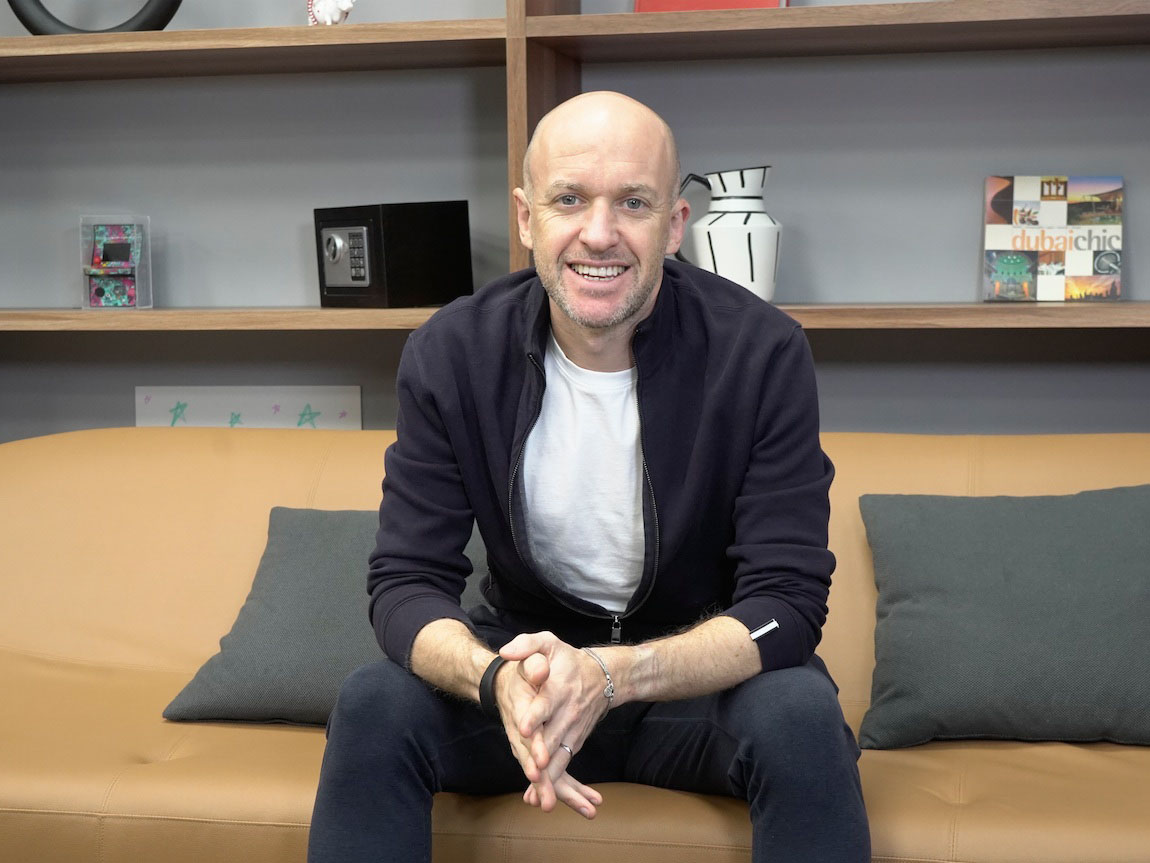Industry Talk
Partisanship Across Media
by Yasmine Dabbous
October 14, 2011
.jpg) Advertisement
AdvertisementLebanon’s most popular websites, from Annashra.com to the Lebanese Forces website, mirrored the same divergence reflected on the television screen. Even Facebook comments and YouTube uploads reflected the deep partisan divide that threatens to tear Lebanon apart.
Mass communication scholars agree that Lebanon’s media are divided along partisan and/or sectarian lines. Television channels, newspapers and radio stations in the small Mediterranean country tend to be owned or supported by political za’ims and their regional sponsors. Nabil Dajani, a media professor at the American University of Beirut, dubbed Lebanon’s newspapers “viewspapers.”
But scholars and civil society representatives hoped that the introduction of digital media would change the news spectrum in Lebanon, providing an outlet to the unheard. The blooming of the Arab Spring and the role new media arguably played in the popular revolts considerably increased this hope. Research, unfortunately, suggests otherwise. Many of the new sources in Lebanon are nothing but a replica of the same voices expressed through traditional media.
Lebanon’s Traditional Media Scene
Lebanon boasts over 42 local radio stations, ten television stations and a proud tradition of more or less free newspapers. The country’s journalists are known, throughout the Arab world, for their ability to criticize the government without fears of appraisals. But this does not make Lebanon’s media really free. They may be free of government control but still have to answer to the hand that feeds them.
Magda Abu-Fadil, director of the Journalism Training Programme at the American University of Beirut, explained that economic, and more importantly political, pressures in Lebanon tend to bias media content in favour of one zai’m or the other. It is quasi impossible to find criticism of Hizbullah or Iran on Al-Manar and of Hariri or his Al-Mustaqbal movement on Future News.
Ramez Maluf, director of the Beirut Institute for Media Arts at the Lebanese American University, agreed. He explained that several media in Lebanon were specifically established to promote the agenda of the person or party who owns or finances them. That is their "raison d’être".
To understand Lebanon’s traditional media mix, one must conceive the relationship between politicians, media and their audiences in terms of a double social contract binding the three groups. An effective connection between leaders and followers, journalists embrace the policies of the country’s za’ims. Many of them, in fact, find it a natural right to convey their partisan preferences. Journalism, in this sense, becomes more a mission and a patriotic duty than a profession.
At the same time, the Lebanese approach news organisations as indicators of political opinions rather than sources of news. Aware of the political affiliations of the various media outlets, they access the media because they provide them with the views of their favourite zai’m.
To illustrate this binding contract, one may think of the following scenario: If I work for OTV then I know, as a journalist, that part of my job is to promote the policies of MP Michel Aoun and his Free Patriotic Movement. I am not expected only to relay the news. I must also convey the views of the party in question. At the same time, audiences who watch OTV do not only do so to know what happened on a given day. They want to see the FPM’s take on those events, mainly through OTV.
Why Cable TV and The Internet Do Not Help
Around 80 percent of households across Lebanon have access to premium television services through cable pirates. They can watch news stations such as Al-Jazeera, Al-Arabiya, CNN or the BBC for 10 dollars per month or less, opening up the possibilities beyond the biased voices of local television stations.
But, although satellite news stations are readily available in most households, most viewers in Lebanon seem to prefer local channels when it comes to news. Audiences around the country may tune in to Al-Jazeera Sports, ART Series, the Movie Channel or Fatafeet but, when it comes to news, and especially local news, they revert to local television stations.
A 2009 survey of 400 people revealed that none of the foreign satellite news channels is among the preferred top 10 channels in Lebanon. In fact, the first six mentioned are local TV stations: Lebanese Broadcasting Corporation (61 percent), New TV (54 percent), OTV (39 percent), Future TV (27 percent), Murr TV (26 percent) and Al-Manar (25 percent). The remaining four channels preferred by Lebanese audiences are regional and foreign stations focusing on entertainment and sports.
The same goes for online media. Around 27.6 percent of Lebanese households are equipped with computers. Of those, 82 percent have fixed broadband Internet subscriptions. Meanwhile, people who do not have a PC at home –especially in rural areas– are able to connect to the Internet at work or at Internet cafés. Overall, the Arab Media Outlook reports that 23 percent of the Lebanese population reads the news online more than five times a week, while 40 percent does so one to four times during the same period. Although the number is not optimal, it still opens up the horizons of possibilities, especially given the fact that most people who check the news online are young.
But the crucial question here is not how much time the Lebanese spend online but what news websites they consult. Research findings are not promising: In a 2009 survey of 400 Lebanese residents, 20 percent said that the Arabic news website they visit most often is Tayyar.org while 10 percent mentioned Annahar for the same category and seven percent Hizbullah’s Al-Manar and the Lebanese Forces website. Around 82 percent of the same sample said that the website they visit most often is Facebook English. In other words, the Lebanese either read the news on the online version of the same traditional media or they seek entertainment and social bonding, away from the news of the day.
Conclusion
With the increase of cable and Internet subscriptions across Lebanese households, the choices beyond Lebanon’s biased local media abound. But, although they enjoy the hundreds of possibilities available for entertainment and social bonding on cable television and online, the Lebanese seem to revert to the same traditional media or their online versions when it comes to news.
This suggests that the problem is not originally in the technical limitations or the narrow choices available. It is rather in the people themselves. Lebanon’s residents expressly look for media fostering the views of their favourite politicians or parties. The social contract that binds them with their media of choice persists –so far at least – despite the digital migration. If we must start with a media reform, it is this social contract that we must first target. Educational institutions, civil society groups and other concerned parties must teach the Lebanese that the media should not be the mouthpieces of the country’s politicians. They should rather be their watchdogs.


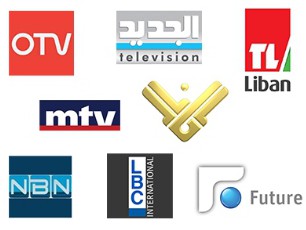

.jpg)
